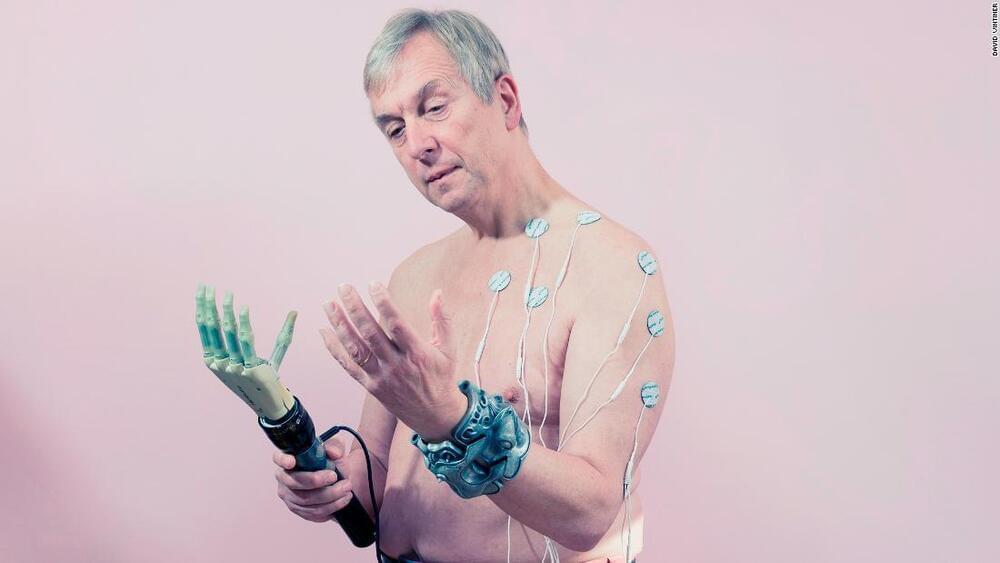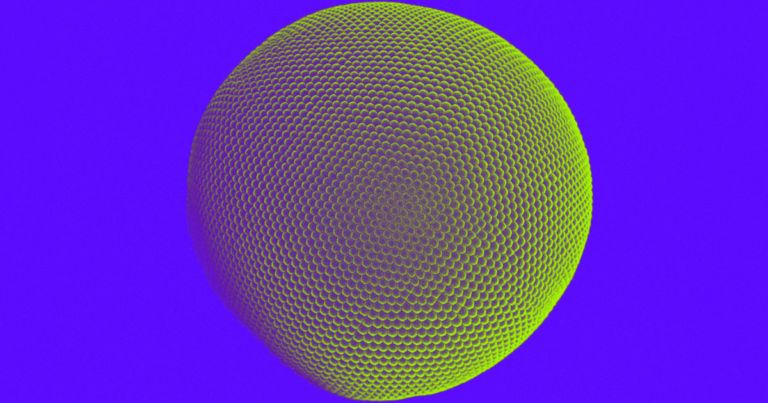A bit of transhuman fiction. It doesn’t take long.
What would it be like to live forever? Writer Richard Dooling explores this question in this fictional piece from Esquire.
Originally published May 1999. Published on KurzweilAI.net May 22, 2001.
1994
March 30: Today I turn forty. I am officially protected by the Age Discrimination in Employment Act. If I had an employer, I could now sue him if he discriminated against me because of my, ulp, age. Until now, I’ve half believed in one of Vladimir Nabokov’s elegant syllogisms: Other men die, but I am not other men; therefore, I’ll not die. Nabokov died in 1977. Every time I look in the bathroom mirror, I see Death, the Eternal Footman (looking quite proud), standing in the shadows behind me, holding my coat, snickering. I live with my family in my hometown of Omaha. My selfish genes have managed an immortality of sorts by getting themselves into four delightful children, who are still too young to turn on me. My wife and I have enjoyed nine years of marriage, what Robert Louis Stevenson called “a friendship recognized by the police.” I’m Catholic, so as mortality looms on the far side of the middle-age horizon, I seek consolation in my Christian faith and one of its central tenets: belief in the immortality of my soul. But the lawyer in me also highlights the usual caveats and provisos. According to the Scriptures, my quality of life after death may depend on my ability to love my fellow man. This is a big problem. I forgot to mention that in addition to being a practicing Catholic, I’m also a practicing misanthrope. As I see it, my only chance of avoiding eternal damnation is to stay alive until I learn to love other people. Or until some future pope issues an encyclical providing spiritual guidance for misanthropic Catholics. November 16: My second novel, White Man’s Grave, is a finalist for the National Book Award. For at least a day or two, I wonder if I might be able to achieve immortality by writing great literature. My wife and I fly to the awards ceremony in New York City, where William Gaddis wins the National Book Award in Fiction for A Frolic of His Own.




